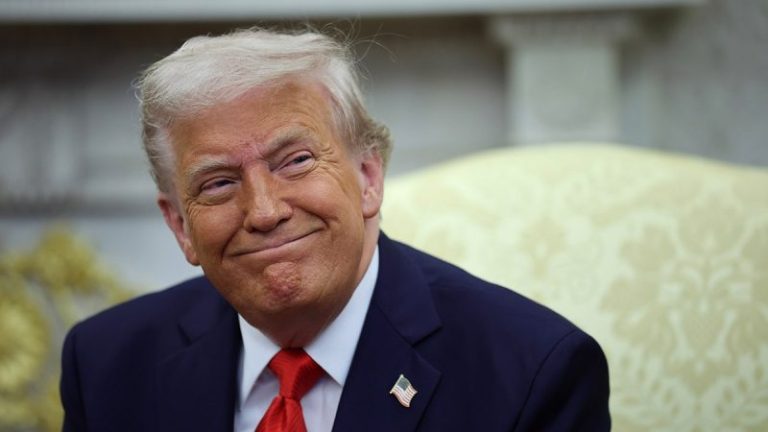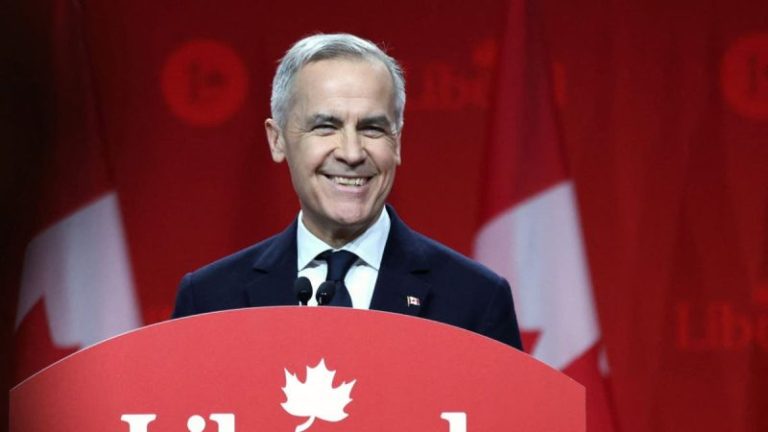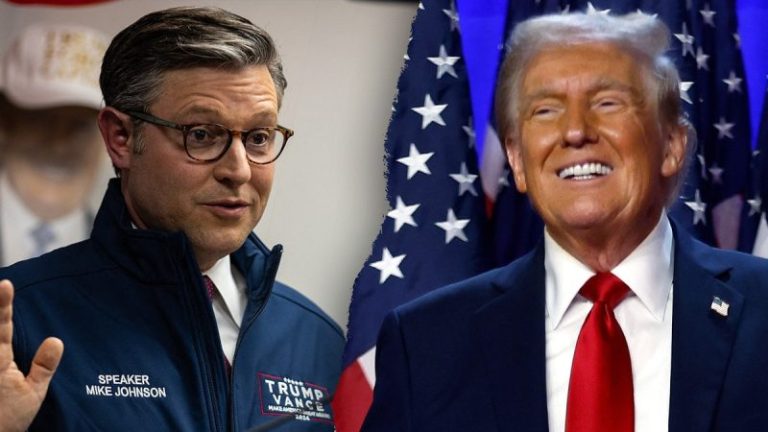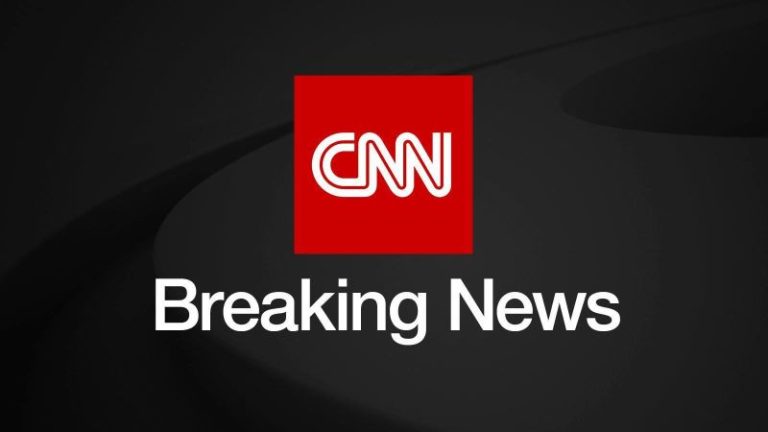OTTAWA- In a dramatic reversal, the governing Liberals, who were trailing the official opposition Conservatives in the polls earlier this year, appear poised to win their fourth consecutive term in office thanks to President Donald Trump’s threats against Canada’s economy and sovereignty, according to election watchers.
‘It looks like there will be a Liberal government, which seems to be what the polls point to, and it would be a very big surprise if the Conservatives won,’ Angus Reid, founder and chair of the Angus Reid Institute, told Fox News Digital.
In an Angus Reid Institute poll released on Dec. 30, the Conservatives were in super-majority territory with 45% support, compared to the Liberals at 11%. The results of a poll released on Saturday had the Liberals at 44% with a four-point lead over the Conservatives at 40%.
‘This really has been an extraordinary election in that, by all rights, Canadians had it with the Liberals’ woke policies and with their misspending and didn’t like Trudeau,’ Reid said.
He explained that the political dynamic changed when Justin Trudeau announced his resignation as Canada’s 23rd prime minister and Trump was inaugurated as the 47th president in January, and former central bank governor Mark Carney succeeded Trudeau as prime minister and Liberal leader in March.
‘Between tariffs and threats of annexation, Trump became the single most important issue in the country overnight,’ said Reid. ‘That gave Mark Carney an opportunity to be the first out of the gate to say that we’re not going to put up with this – we’re a sovereign nation and we’re going to fight.’
The campaign has been a two-party race between the Liberals and Conservatives and led by two starkly different leaders who focused on strengths that their critics considered weaknesses.
Carney, a 60-year-old former senior executive at Goldman Sachs who never held elected office prior to winning the Liberal leadership, has called on voters to consider – during a time of economic crisis fueled by Trump’s threats – his experience, which includes running the central banks of Canada and England, and as the United Nations Special Envoy for Climate Action and Finance.
His detractors, however, have accused him of being out of touch and ‘not connected to the common man’ and has spent a fair amount of time outside Canada, as a former deputy national Conservative Party campaign manager told Fox News Digital last month.
Meanwhile, Poilievre’s message to voters is that he is the agent for ‘change.’ However, his opponents claim the 45-year-old Conservative leader is part of the political establishment, having spent almost half of his life as a member of Parliament since he was first elected in 2004 – and the change he touts came with a shift in Liberal leadership from Trudeau to Carney.
The results of an Ipsos poll conducted for Global News in Canada, released on April 21, showed a narrow three-point lead for the Liberals at 41% over the Conservatives at 38%.
Darrell Bricker, CEO of Ipsos Global Public Affairs, told Fox News Digital that the Liberals were ahead of the Conservatives by 12 points in mid-April and have lost ground since ‘because of the effect of Donald Trump, both positive and negative.’
‘When Donald Trump is in the news saying 51st-state stuff, that brings the focus back to the major issue that the Liberals lead on, which is dealing with him,’ said Bricker.
‘But over the past two weeks, Donald Trump has kind of gone dark on Canada. He’s been focused on China, U.S. government funding of Harvard University, and to the extent he’s talking about trade, it’s about global trade deals.’
That, said Bricker, has resulted in many Canadians returning to their pre-Trump main issue of affordability, through the lens of the Liberals running the government over the past decade.
Ultimately, the outcome of Monday’s general election will be decided by geography, according to Bricker, whosaid that the national vote ‘will be won or lost’ in Ontario, particularly in Toronto and the surrounding so-called 905 region, which refers to the telephone area code, where there are 55 ridings (electoral districts) and about 4.5 million eligible voters.
‘The 905 voted overwhelmingly for Justin Trudeau’s Liberals three times,’ said Bricker. ‘If they do it again, the Liberals will win a fourth consecutive term in office.’
Last week, Carney said if he remains prime minister following the election that he would have a meeting with Trump ‘within days’ as part of an ‘ambitious and broad-ranging discussion’ on a new trade and security deal between Canada and the U.S.
Reid said that the Liberals’ improved showing was not just about Canadians warming to Carney, but also about Conservative Leader Pierre Poilievre’s failure to turn the dial from focusing on a consumer carbon tax, which the Liberal leader canceled on April 1 in his first act as prime minister, and ‘still reflecting on Trudeau long after he had gone, instead of jumping right away onto the Trump threat and becoming something that he would lead the charge on.’
The irony, in Reid’s view, is that ‘Trump imperiled the campaign of an individual who could be in many ways his stepbrother in Canada,’ he said about Poilievre, who he called ‘mini-Trump,’ and his ‘anti-woke,’ smaller-government stance – ‘Trump-esque policies that the American right might want to see in Canada and certainly a lot of Canadians on the right want to see.’
According to Elections Canada, a record 7.3 million Canadians cast their ballots in advance polls over the Easter weekend. With the country having six time zones, the results aren’t expected to be known until late Monday evening.
This post appeared first on FOX NEWS










